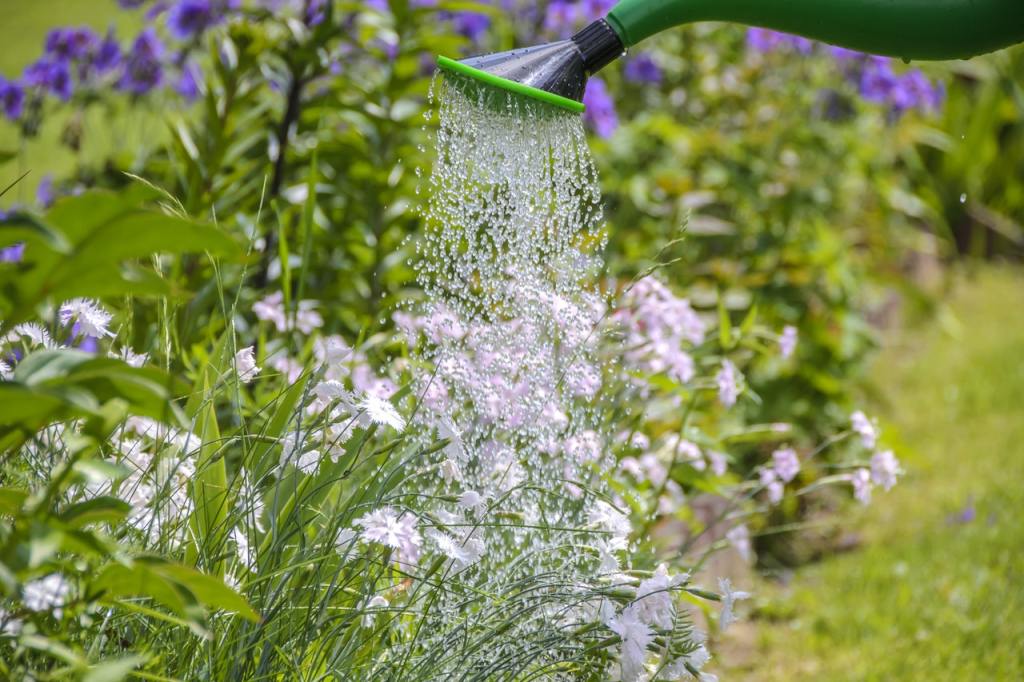According to the Office of National Statistics, Britain is an unquestionably aging nation. In just 20 years’ time, one in 12 Brits will be over the age of 80. Plus, the children of today are expected to enjoy a longer than average life expectancy of 100.
With all this time in our older years to spend, hobbies become increasingly important as we grow up. But with age, sadly, comes some degree of aches and pains for many! Reduced mobility and impairments can have an impact on your life, but you can absolutely work around them.
Take gardening, for example. It’s rewarding, it’s relaxing, it’s something to craft and be proud to show off. You shouldn’t have to give that enjoyment up just because your knees aren’t what they used to be. In this article, we’re advising on the best ways to adapt the garden to suit any mobility issues you may have.
Bring the beds to you
Elderly gardeners often find that growth areas of a garden can be tricky. For wheelchair users a raised bed, which is between 18-24 inches high, is perfect. For those standing, building a larger planter that is around 30-36 inches high eliminates the need to bend down. If planning for wheelchair access, you’ll need pathways that are at least 3-4ft (91-121cm) wide. They should have enough room on all sides so that gardeners can reach the centre.
Craft a place to rest
A garden just isn’t complete without a few garden chairs or similar places to rest. In smaller gardens, this could be a bench or two. In larger areas with more planters and flowerbeds, you could add stools, or kneeling areas to allow elderly people to work on flowerbeds.
Upgrading pathways
Make your pathways a little rough in order to combat any slippery texture that might form on smooth paving stones. Flagstones and slabs are good options, but best laid with a slight slope or close butted to allow water to run off. Tarmac and concrete are both cost-effective and low maintenance but aren’t visually attractive for a garden. Avoid cobbles, as they can be trip hazards for all ages. Replace any steps with non-slip ramps where possible, supported by handrails.
Stable decking options
A decked area can provide a much-needed stable resting area for elderly gardeners. Decking, particularly composite decking boards, is low maintenance, stable and if you install certain types of decking such as enhanced grip boards, which minimise the risk of slipping, they’re perfect for creating a ‘living space’ in a garden. Low-slip decking can help reduce the risk of slipping, which is the leading form of accident for all age groups in gardens. The railings of decking also provide a stable platform for elderly people to use as balance or grab rails — but you must ensure a skilled installer builds your deck, so your railings are stable.
Plus, you can add planters and flower boxes to a fully decked area. This way, elderly gardeners can garden either from wheelchairs or with minimal effort – cutting down the time needed to grow plants without the effort required to maintain fully grassed areas.
Equipping handrails
Handrails are certainly a necessity for elderly gardeners’ comfort. They should be placed, at a minimum, near any changes in level, steps or ramps. They should extend to 850mm above step nosing or ramp surfaces and should also be at least 1m over landing. Generally, rails are most comfortable when they’re not too narrow or wide to allow better grip. 45-50mm is a rough rule of thumb for their circumference.
Pick your plants
Gardening is a rich source of mental and physical health benefits for gardeners of all ages. For that reason, you can’t rid a garden of the flowers and plants in the name of safety. Instead, strike a balance between beauty and safety by using hardy plants that can withstand the seasons with very little maintenance.
Garden spaces can easily be changed a little to make them much more accessible. Whether it’s to help you get around more easily as you age or to allow elderly guests better access, making the changes now will put you in good stead as Britain’s population grows increasingly older.







